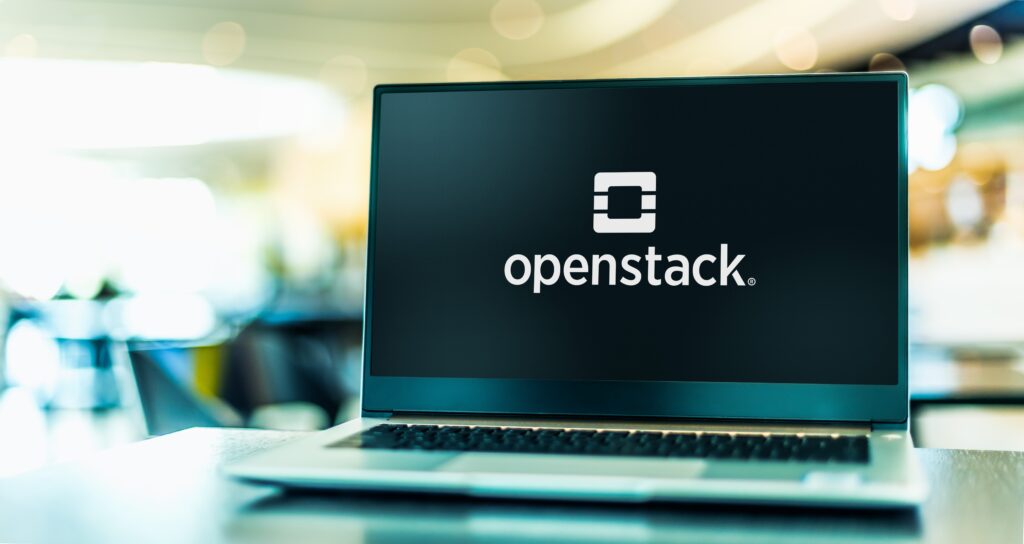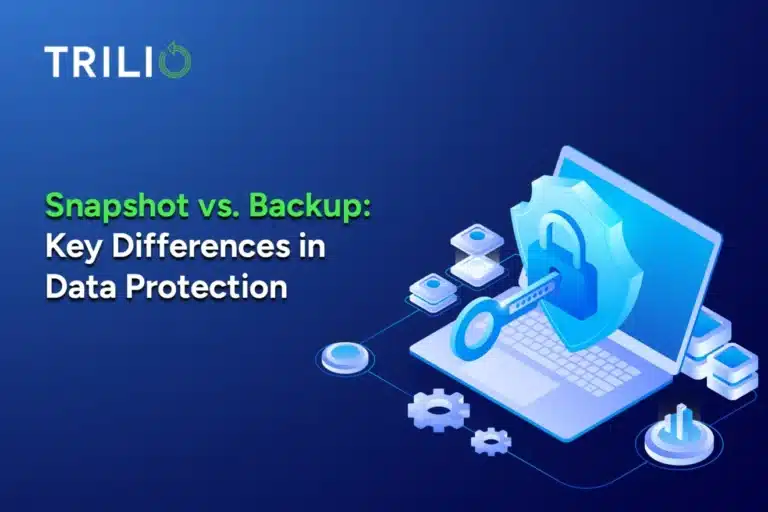
OpenStack is an open-source software platform that is designed for a variety of purposes, including creating cloud computing infrastructures. It is used by many prominent companies, as well as a large community of developers.
Despite the software having phenomenal features, this does not mean it is free from human error and/or data breaches. Trilio is a Hopkington-based startup that solves this problem by offering backup and protection for companies using OpenStack.
“Data protection needs to be bulletproof,” said Trilio Data CEO David Safaii. “It needs to move at a much faster rate than R&D and it needs to have laser-focus, and that’s something we can provide.”
Trilio Data recently announced $5 million in its Series A round of funding led by .406 Ventures.

Trilio’s hometown can also be connected to another company involved with data backup and protection, and it’s the one where the two co-founders originally worked: Dell EMC. Trilio Data’s founding team of current CTO Balcha Muralidhar and former Head of Engineering Giri Basava worked as Software Engineers at the tech giant. Muralidhar started an OpenStack initiative while at the company but had to find a way to combine both this new technology as well as the legacy technology Dell EMC was using.
“He had this thought process of ‘You can do this better,’” said Safaii. “He decided to take the project on his own and recruited Giri [Basava] to continue it.”
In September 2013, Trilio Data was founded and, less than a year later, Safaii joined the company.
Their product, TrilioVault, was officially released in the Spring of 2016, concluding a three-year development cycle that included an extensive testing process.
TrilioVault is a downloadable extension that becomes part of OpenStack and allows companies to back up and recovers their files. However, one of the most helpful features of TrilioVault is the ability to recover data from a particular time period. The platform can capture data from a certain moment and keep it protected. TrilioVault’s resource management capabilities allow the cloud to restore data from certain time periods. Taking cues from the OpenStack community, TrilioVault was made to be user-friendly, so almost anyone can use it.
“We waited and developed to make sure that this solution was enterprise-ready,” Safaii said. “We took our time to make sure that this was done correctly. A lot of what we have been focusing on since day one is data protection for the cloud.”
Generally speaking, cloud software is flexible and scalable. Part of the company’s goal with TrilioVault was to develop a platform that will be just as adaptable and varied as the cloud, which is why the platform was built from the ground up.
The company has sent proof-of-concept versions of TrilioVault to a variety of companies, ranging from prominent companies like Verizon to SMBs with only a handful of employees.
“Verizon views us as a partner,” Safaii said. “It’s not only been great in terms of growing a working relationship with them, but it also shows the needs of our market.”
This post is authored by ColinKrash and appears on VentureFizz blog. Click here to read the original article.




